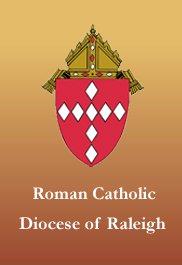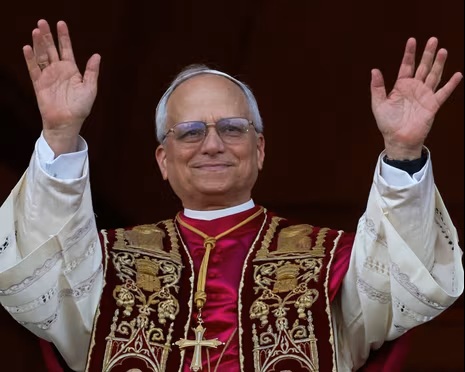Thomas Said to Jesus, “My Lord and My God!”
Who would not doubt their senses if they saw a formerly dead person walking around and asking for a bite of fish? Who would not want to know if this were some sort of sick joke by those who wanted to prove that these followers of Christ were delusional in the worst way? Thomas doubted because Thomas knew what we all think we know. Dead men don’t come back to life.
The great mercy of Christ is his response to Thomas, to Thomas’ demand to touch the wounds, to put his hand in his side. He puts Thomas’ hand in his side, and his fingers into the wounds, so that there would be no doubt that this is the risen Lord. He gives us the great exhortation and challenge: “Blessed are those who have not seen and believe.” We have not seen. We believe.
If Thomas, who worked with Jesus and the other apostles, could doubt, then there is room for all of us who at some point struggle with our faith. Christ allows for our weakness and our struggles.
Jesus offers us proof because we, being small and fallen, need proof. We needed proof that God loves us, and so he is. We needed proof that God is invested and interested in our lives, and so he fed us with his parables and actual bread, with miracles and with wine, with everything. He fed us and fed us and fed us. He poured himself out so we could know that “his flesh is true food and his blood is true drink.” We needed proof of the depth of God’s love, and so we have our Lord on the cross saying, “Father, forgive them. They know not what they do.” Even here, he offers mercy, because we always seem to need proof that God loves us.
The question remains: What would we accept as proof today, if we would not accept what has come before?
If Christ were to show up in our lives today, true flesh and true blood, would we be any less skeptical? Would we not ponder the wounds and wonder whether they meant anything, even if we could touch them? All belief is an act of the will — not a leap of faith, but a revelation of the extent to which we trust God or we do not. The real question is not, what was Thomas thinking that he dared ask as he did, but would we, if given the same opportunity in this day and age, to touch the wounds and put our hands in his side, have the same response? “My Lord and my God!”



